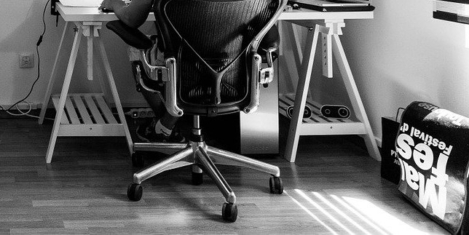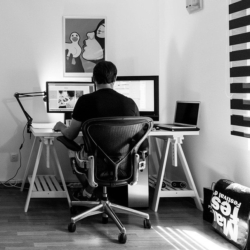To provide the best experiences, we use technologies like cookies to store and/or access device information. Consenting to these technologies will allow us to process data such as browsing behaviour or unique IDs on this site. Not consenting or withdrawing consent, may adversely affect certain features and functions.
The technical storage or access is strictly necessary for the legitimate purpose of enabling the use of a specific service explicitly requested by the subscriber or user, or for the sole purpose of carrying out the transmission of a communication over an electronic communications network.
The technical storage or access is necessary for the legitimate purpose of storing preferences that are not requested by the subscriber or user.
The technical storage or access that is used exclusively for statistical purposes.
The technical storage or access that is used exclusively for anonymous statistical purposes. Without a subpoena, voluntary compliance on the part of your Internet Service Provider, or additional records from a third party, information stored or retrieved for this purpose alone cannot usually be used to identify you.
The technical storage or access is required to create user profiles to send advertising, or to track the user on a website or across several websites for similar marketing purposes.
 The easing of lockdown restrictions and a return to offices is raising the stress levels of over a quarter of UK tech professionals (26 percent) at a time when over 1 in 3 (36 percent) report that their mental health has deteriorated during Covid-19, according to a new Harvey Nash Study. The relaxing of restrictions has left tech professionals worrying most about bringing Covid-19 back into the home, and the health risk of their daily commute. (more…)
The easing of lockdown restrictions and a return to offices is raising the stress levels of over a quarter of UK tech professionals (26 percent) at a time when over 1 in 3 (36 percent) report that their mental health has deteriorated during Covid-19, according to a new Harvey Nash Study. The relaxing of restrictions has left tech professionals worrying most about bringing Covid-19 back into the home, and the health risk of their daily commute. (more…)








 With lockdown measures slowly easing in the UK, 65 percent of UK workers reveal that they would feel uncomfortable going back to the workplace right now, research claims. This is despite one in five (20 percent) expecting to be asked by their bosses to return to work in June. That’s according to new ‘Return to Work’ research from
With lockdown measures slowly easing in the UK, 65 percent of UK workers reveal that they would feel uncomfortable going back to the workplace right now, research claims. This is despite one in five (20 percent) expecting to be asked by their bosses to return to work in June. That’s according to new ‘Return to Work’ research from 


 The Covid-19 pandemic has highlighted workplace communication as the area leadership most needs to improve on, according to almost half (43 percent) of professionals
The Covid-19 pandemic has highlighted workplace communication as the area leadership most needs to improve on, according to almost half (43 percent) of professionals 



















June 9, 2020
A thank you for the bitter knowledge offered by the lockdown
by Adam Burtt-Jones • Comment, Flexible working, Workplace design